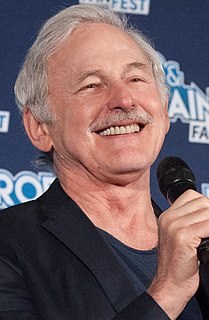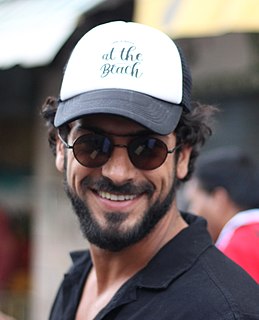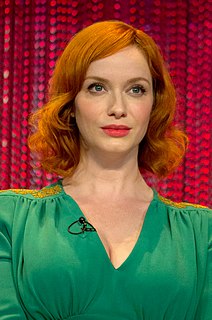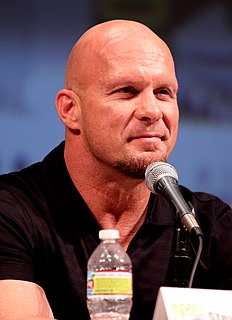A Quote by Margot Kidder
I do remember when I first read the script of the 92 In The Shade. I was in the house at Nicholas Beach, and that gang was starting to break up, and I read this terribly well-written dialogue, not figuring out that films are about structure and the thing was totally unstructured, and I thought, "Who is this writer? God, he's great."
Related Quotes
It takes a very long time to read a script. I'll look at a script, but there are so many scripts. I remember once being at the dentist, and the guy was doing my teeth and telling me about the screenplay he'd written and he said, "Will you read it?" And I said "Oh...okay." And it turns out that it was about a dentist!
I had to audition for Fandango. When I read the script, the role that was interesting - so everyone thought - was the role that Costner played. He was the cool guy. And I read the script, and my representation at the time said, "That's the role you should read for." And I was like, "Really? How about I read for this other role." And they went, "Well, you're not going to get that role."
Dialogue that is written in dialect is very tiring to read. If you can do it brilliantly, fine. If other writers read your work and rave about your use of dialect, go for it. But be positive that you do it well, because otherwise it is a lot of work to read short stories or novels that are written in dialect. It makes our necks feel funny.
My wife told me, "Listen, you have to do something big, beautiful story." I remember that I read The Shack script and I told her that there is a big message over here, and as a Jew, I read the script, and I didn't see anything that connects to religion. It's not about religion, it's about faith, it's about God, and I connected with it, because from my point of view, there is God in this world.
When you start out as an actor, you read a script thinking of it at its best. But that's not usually the case in general, and usually what you have to do is you have to read a script and think of it at its worst. You read it going, "OK, how bad could this be?" first and foremost. You cannot make a good film out of a bad script. You can make a bad film out of a good script, but you can't make a good film out of a bad script.
I read the script for 'Somnia' when I was filming 'Oculus,' and I remember calling my manager going, 'I really need to do this movie,' and he's like, 'How about you finish this one first and then you see it?' I was like, 'I don't need to. I don't need to. You need to read this. I need to do this movie. The script is very good.'




































